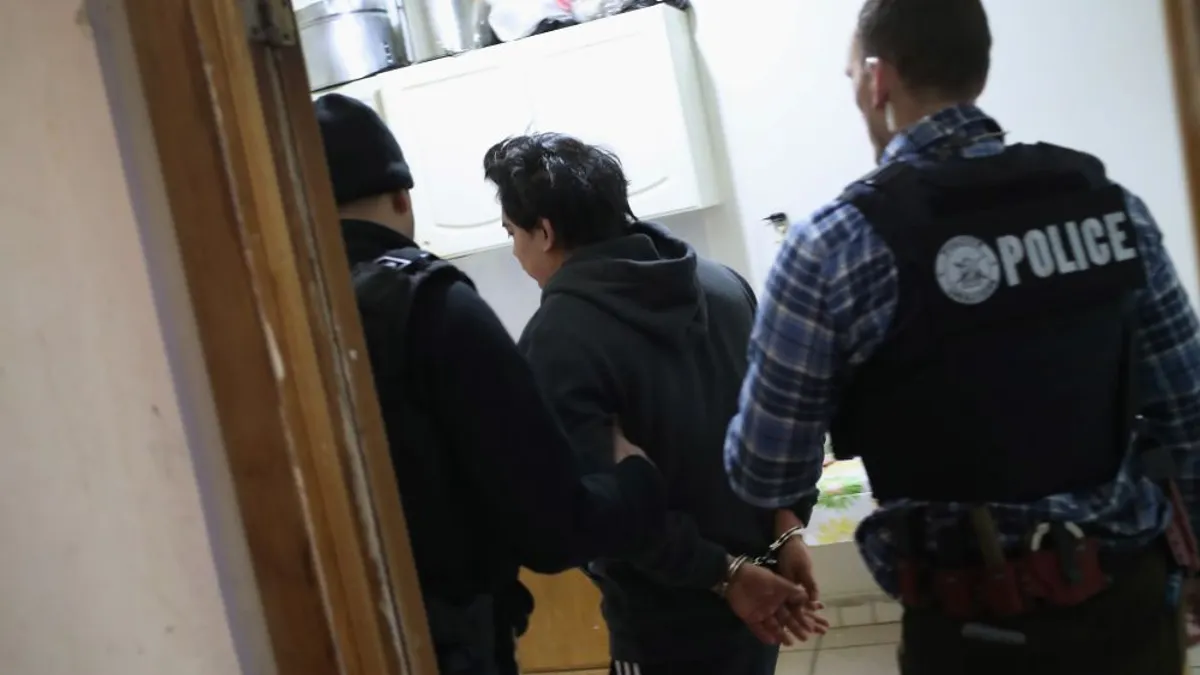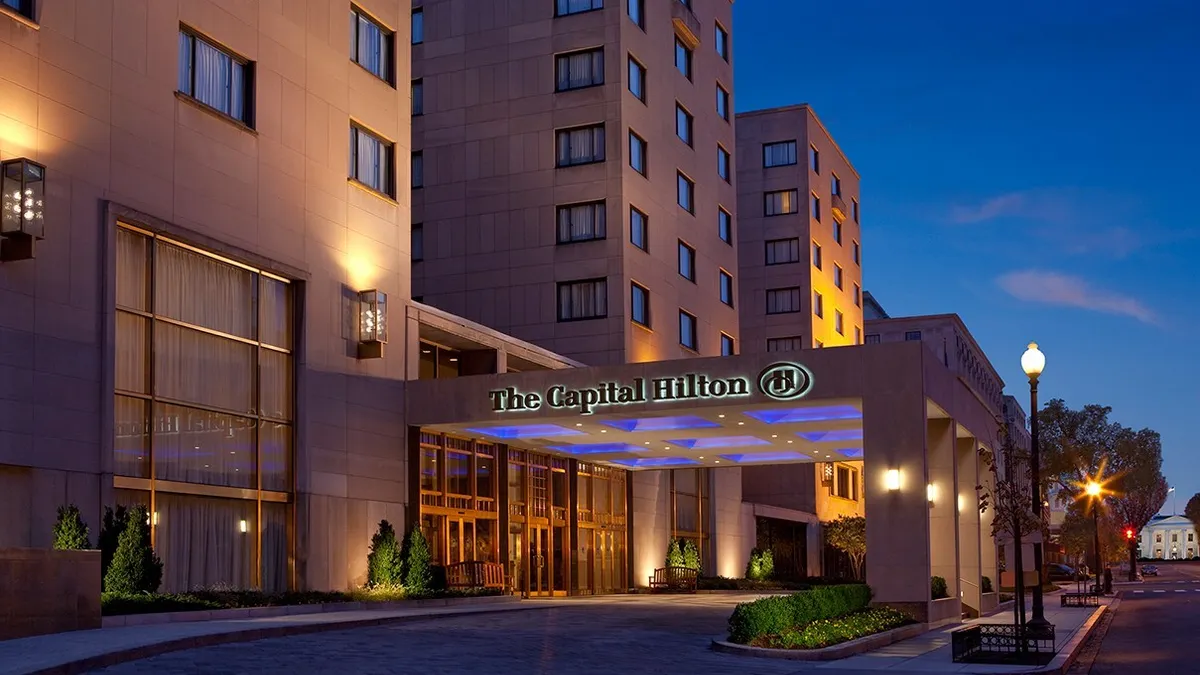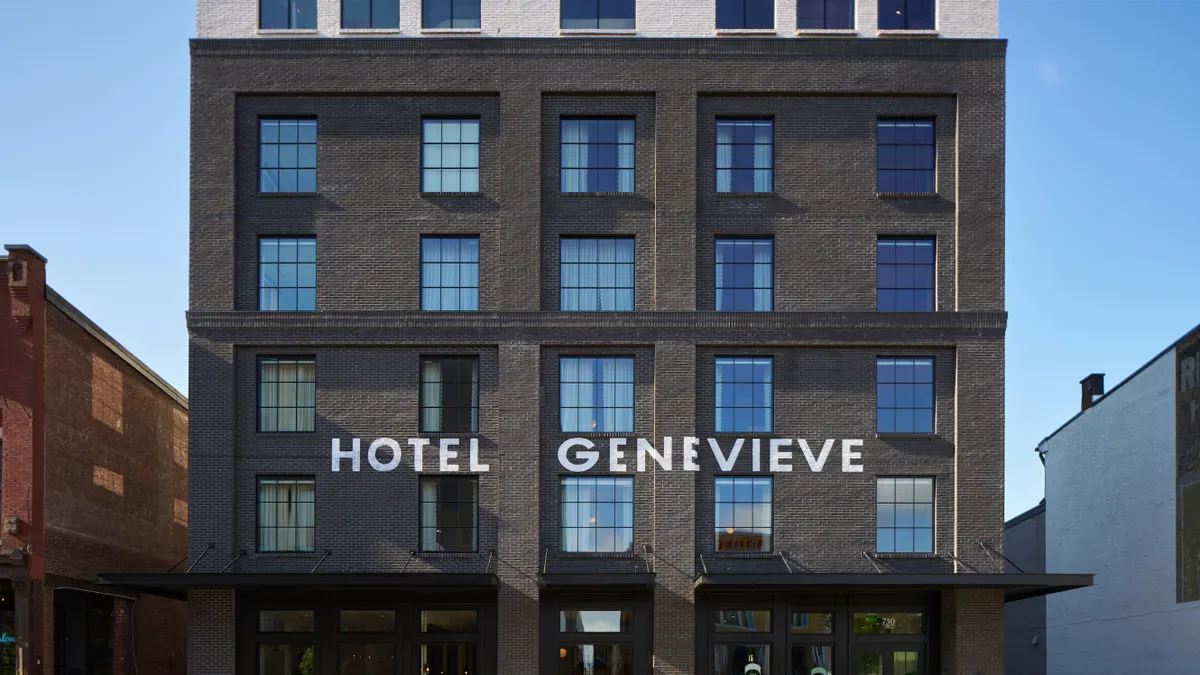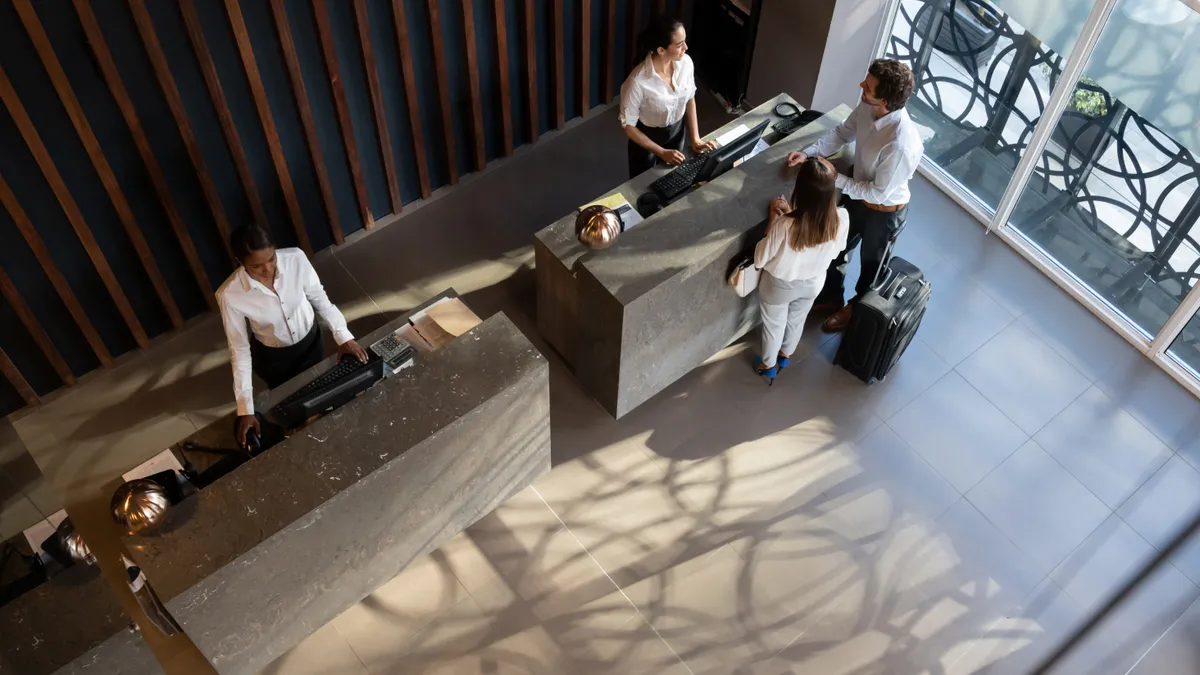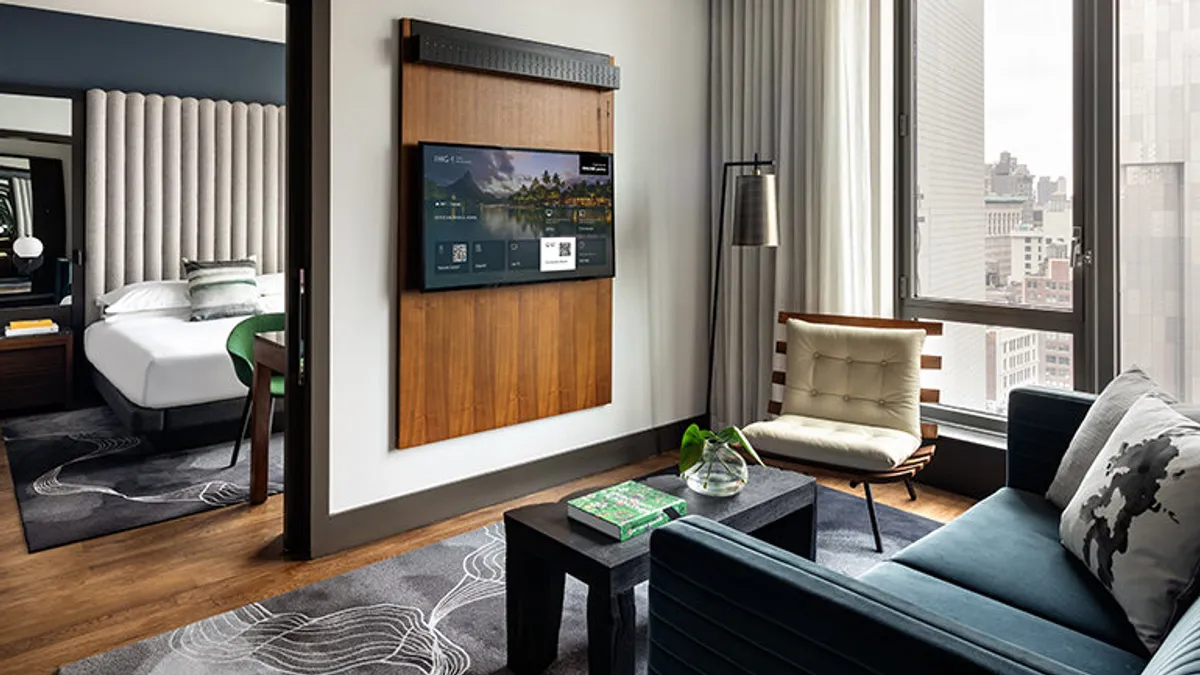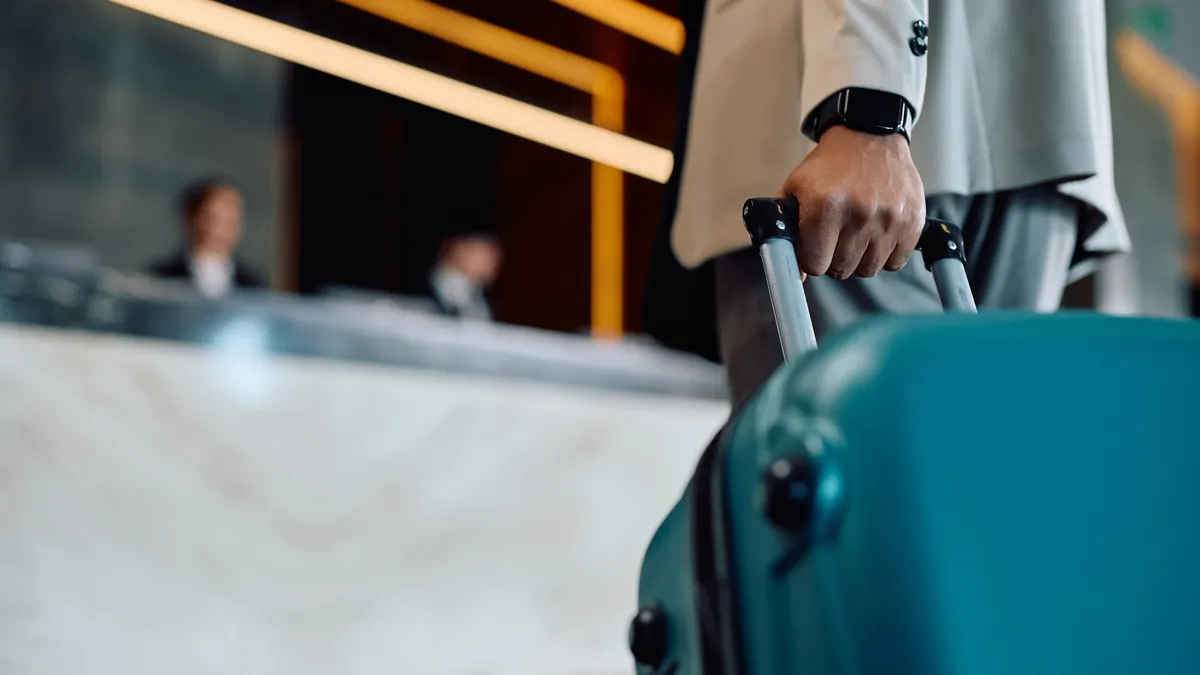The following is a guest post from Nikki Marín Baena, co-founder of Siembra NC, a North Carolina-based grassroots organization mobilizing around labor protections. Opinions are the author’s own.
Nationwide U.S. Immigration and Customs Enforcement crackdowns aren’t just news items for hoteliers; they represent a very real threat to the day-to-day operations of the country’s more than 64,000 hotels.
One-third of the 8 million people working in the hospitality sector are immigrants, according to the American Hotel & Lodging Association. ICE actions exacerbate the already-chronic labor shortage in the sector, not only through detentions and deportations, but also through creating fears that keep employees away from work.
That’s grounds enough for owners, operators and brands to prioritize tools and training to empower property teams to prevent ICE raids where possible. But there’s another pivotal perspective here that’s often missed in discussions about immigration crackdowns at businesses: guests, too, need to feel safe.
Travelers deserve to be welcomed regardless of where they’ve come from or where they’re going — this attitude sits at the heart of hospitality. Immigrants make up nearly 14% of the U.S. population; with crackdowns targeting the documented and undocumented alike, the onus is on hoteliers to ensure that guests and teams feel safe.
This isn’t about optics or performative politics; it’s about the basic Fourth Amendment constitutional right to an individual’s protection from unlawful search and seizure as well as positioning hotels for success.
Prioritize designating public versus private spaces
Anyone, ICE agents included, can enter public areas of a business. For a hotel, this likely includes the lobby, any food and beverage venues and potentially the corridors on guestroom floors.
Consider which areas may need to be made private to minimize disruption to both guests and staff. These can be simple changes to operational protocols rather than an investment in physical infrastructure. Does it make sense to add a door lock, intercom, door code or require an employee to open the door for potential visitors? Should hotels require guests to use their key to access the lobby after a certain time? Review door lock protocols for doors separating private and public areas; if it makes sense, they should be locked when public entry doors are open.
It’s also worth double-checking whether agents can gain access to private areas of the hotel through public spaces. For example, for restaurants, agents have sometimes entered through an exit door near the dumpster.
Facilitate training for teams
Preparedness is critical when it comes to ICE actions. Just as hoteliers prioritize training their staff members to respond to emergencies — from fire drills to human trafficking crises — understanding what to do in real time is vital to protect everyone involved.
With properties running with leaner staffing models, it’s important that everyone at the property level understands their rights and those of their coworkers and guests. This will help minimize risk to employees and disruption to guests in the event of ICE agents on property.
Any training should cover planning ahead for a raid, I-9 audit or other interaction with federal agents. Decide who will speak to agents — this can be a member of the team or legal counsel. Make sure that person knows to ask for badges, identification and a copy of the warrant before granting access to private spaces, and that they can verify its legality. Choose a method for notifying the team that ICE agents are on property.
Additionally, train on how to protect team members and guests without placing anyone in legal jeopardy. Teams can restrict access to private areas until the designated person arrives. Everyone has the right to remain silent and ask for legal counsel; neither workers nor guests have to hand over their ID or papers to agents. They can inform anyone that federal agents are present, and broadcast how staff and guests can protect their Fourth Amendment rights. They do not need to consent to a search and have the right to request to review a warrant signed by a judge with their legal counsel.
It’s also important to understand the steps to take after agents leave the property. Save any security footage. Note the number of agents, how they were dressed, if they were armed and whether they mistreated anyone or made them feel they couldn’t move or leave. If arrests were made, make a list and notify families and, if applicable, unions immediately. Help families account for immediate financial and legal needs. Learn the steps employers can take to help detained workers. If there was an I-9 audit, know what documents to supply and when.
Make efforts visible, public and clear
Put posters stating that the hotel won’t comply with illegal searches in a prominent location visible to guests. Upgrade signage to clarify private areas, whether for guests or back-of-house employee areas such as kitchens and housekeeping. Consider placing “Know Your Rights” materials where they would be easy for guests to refer to. Keep materials on hand in multiple languages for both teams and guests.


